10 Texas Restaurants (and Meat Markets) Certified to Import Kobe Beef — And Two Coming Soon to Arlington and Houston
A Bit About The Japanese Delicacy and Where You Can Currently Find It
BY Courtney Dabney // 01.26.24B&B Butchers serves certified Kobe beef cooked at the table on a Himalayan salt block.
Kobe, Japan is a beautiful city, with a fascinating history and geography. The port city is well-known for its fishing industry and it was one of the earliest cities in Japan to welcome trade with the outside world. Kobe’s unmatched topography flows from sea level, overlooking Osaka Bay, before rapidly ascending to the heights of lush Mount Rokko, at an elevation of 3,054 feet ― providing the city with its remarkable backdrop.
It’s also the home of those world-famous Kobe cattle, which are massaged with sake and beer to produce the evenly marbled Kobe beef that is so highly sought after.
While you’ve seen a lot of menu items touted as “Kobe” this or that in recent years, chances are you’ve never tasted the real thing. That’s no surprise since there are only 12 places in the entire state of Texas that are currently registered to import it. To be clear, one of those is not a restaurant, instead, it’s a new-to-Texas meat market, one restaurant that is registered is not currently importing Kobe beef, and two of the 12 aren’t even open for business yet. More on all that later.
As with most valuable products, protecting their authenticity and tracing their origin is critical.
Likewise, before shelling out for that designer handbag, you always want to verify the source. Provenance is key when purchasing artwork as well ― the ability to trace its ownership helps to validate the hand that created it. And, not all sparkling wines are true champagne, which can only be produced in the Champagne region of France to be labeled as such.
I had a guy try to sell me a “Kobe burger” once. In the first place, you would never grind up lacey Kobe beef and form it into a patty. Second, it would have such a high-fat content that it would melt right through the grates of your grill.
So, buyer beware. When you see something listed as Kobe beef on a menu ― you have a right to be very skeptical.
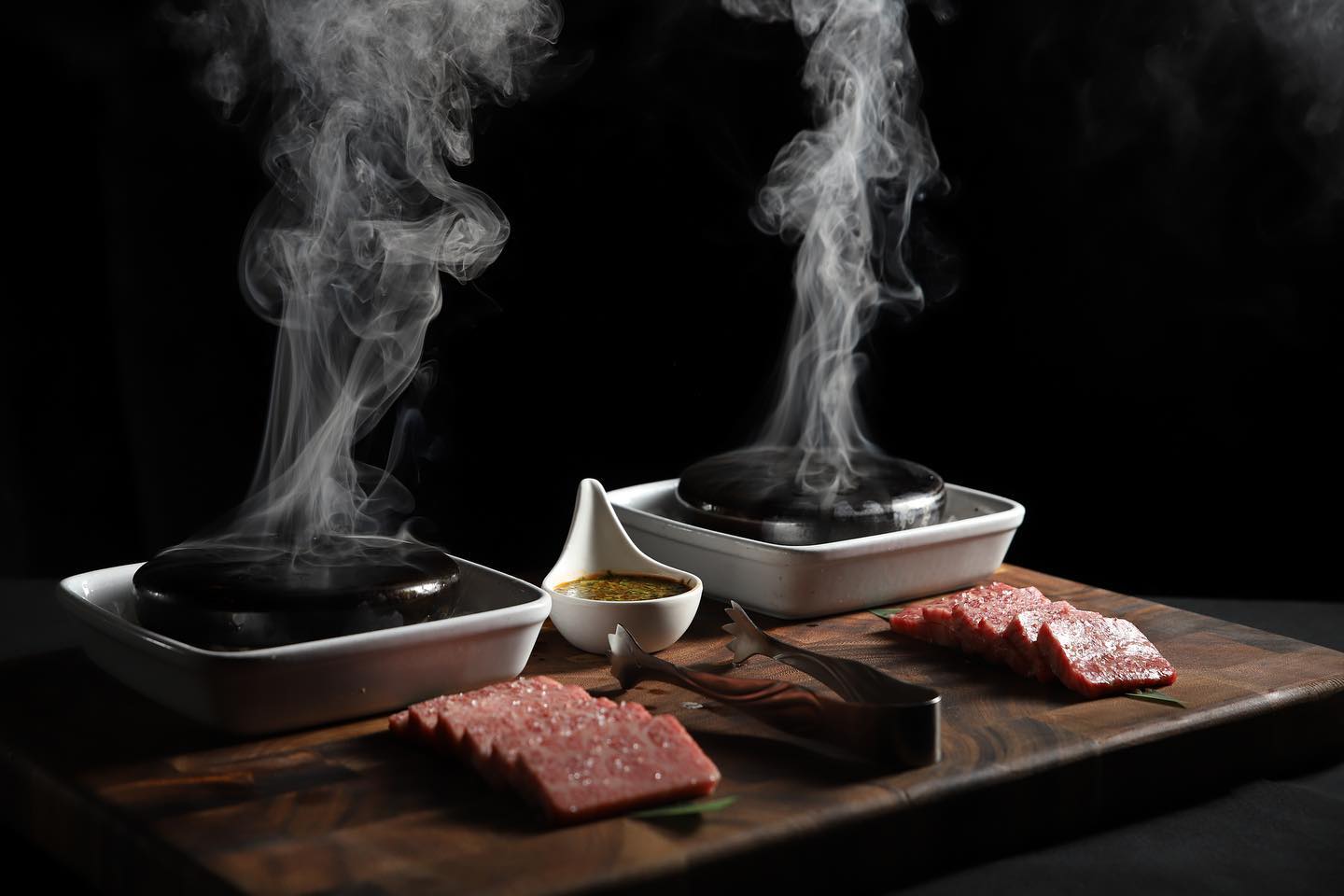
Wagyu versus Kobe ― What’s the Difference?
Wagyu cattle are a breed, the vast majority are Japanese black cattle. Kobe beef comes from a small percentage of Tajima black wagyu ― highly prized for its rich flavor and even marbling. The Kobe beef designation only applies to those animals raised in Hyogo Prefecture (where Kobe City is located).
Only in recent years (beginning as early as 1976) have they been exported outside Japan, and some American cattle ranchers have maintained their herd at 100 percent wagyu. Others have imported and maintained their herd of 100 percent Tajima wagyu. But most American ranchers have cross-bred them with American black Angus to some degree, making the majority of beef labeled wagyu on local menus actually only a percentage. Still excellent beef, just not 100 percent.
The highest grade American-raised wagyu can receive is an A5 designation ― labeling it as some of the best quality you can buy. It is excellent beef, but still miles away (actually, the entire Pacific Ocean away) from true Kobe beef.
According to Chicago Steak’s Steak University, these are the questions you should ask:
“Anybody selling or serving Kobe should be deeply familiar with what sets Kobe beef apart (and at $200 per portion, they’d better). Ask if they know where the steak they are serving you was sourced from (correct answer: Hyogo Prefecture), what strain of cattle it comes from (correct answer: Tajima), and what its Beef Marbling Standard — or BMS — rating is (correct answer: between 6 and 12). If they don’t know the answers, chances are the steak isn’t real Kobe,” they warn.
In Kobe, you’ll usually find it served as bite-sized cubes, or thin slices, quickly seared for a melt-in-your-mouth consistency, like a pat of beef-flavored butter, slightly sweet and caramelized. When you find it stateside, the delicacy is usually served in four-ounce portions because it is so rich and so costly.
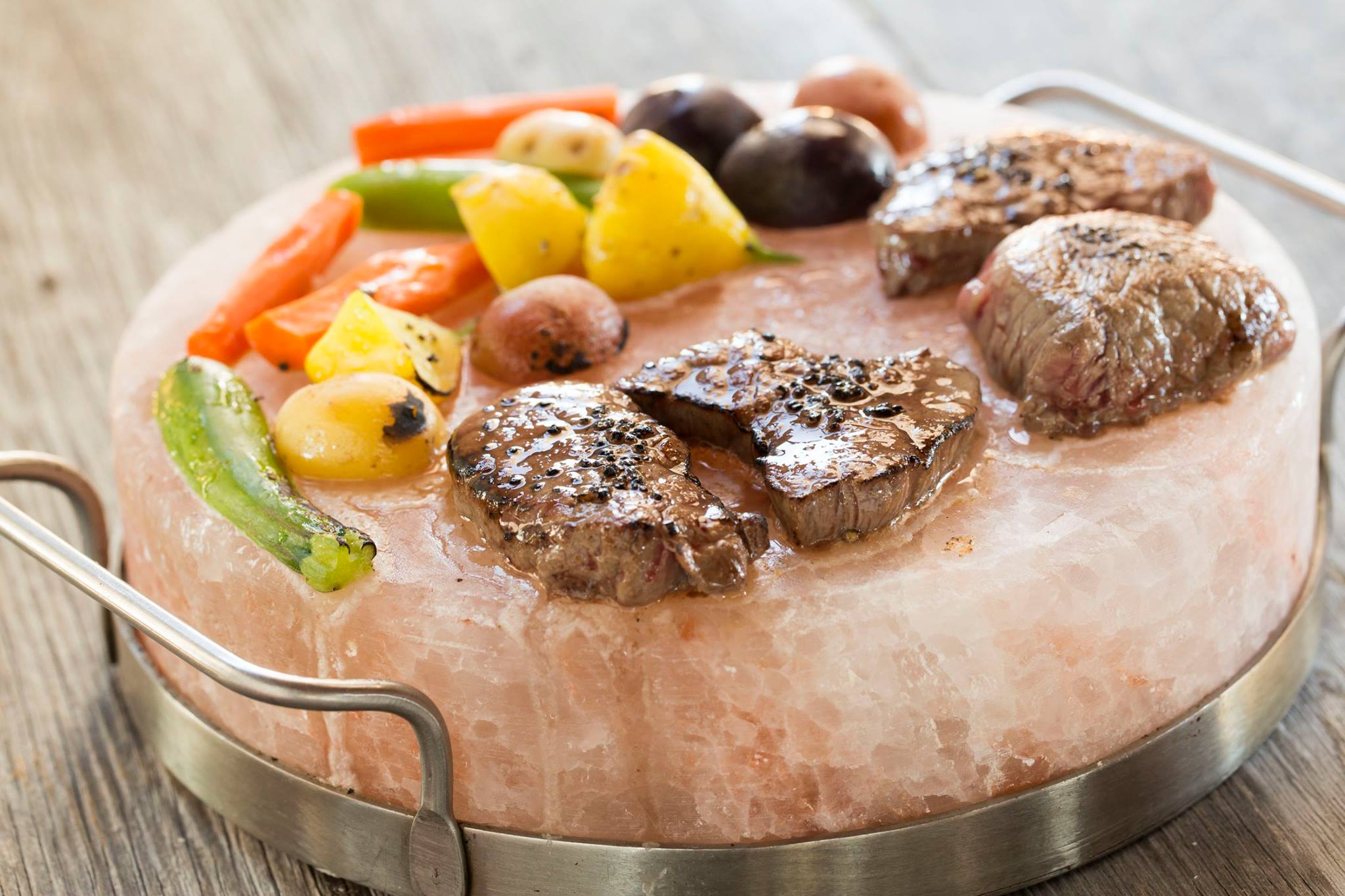
The 12 Texas Restaurants and Markets Registered to Import Kobe Beef
If the restaurant or supplier is not on this official register of all authorized and registered restaurants in the U.S. ― it isn’t imported Kobe beef, what they are serving is most likely “Kobe-style” or A5 wagyu.
The vast majority of outlets serving Kobe beef in America can be found in California. And, in the state of Texas, there are precisely 12 restaurants and markets approved to serve it. The majority are in Houston and two aren’t even open yet. Here’s the official list:
Andiron ― Houston
3201 Allen Parkway, Suite E100
While Andiron is registered to import Kobe beef, they currently do not, according to a spokesperson. Instead, they serve four types of imported Japanese A5 wagyu ranging from Hokkaido to Kagoshima Prefecture. So, one of the 12 registered Texas locations isn’t even importing it or serving Kobe beef at present.
Dee Lincoln Prime Steakhouse ― Frisco
6670 Winning Drive, Suite 400
Along with its certified Kobe steak, Dee Lincoln serves two other types of Japanese imported A5 wagyu ― a Kagoshima strip, and a special Sanuki in which the cattle are fed a diet of roasted caramelized olive pressings from Shodishima Island.
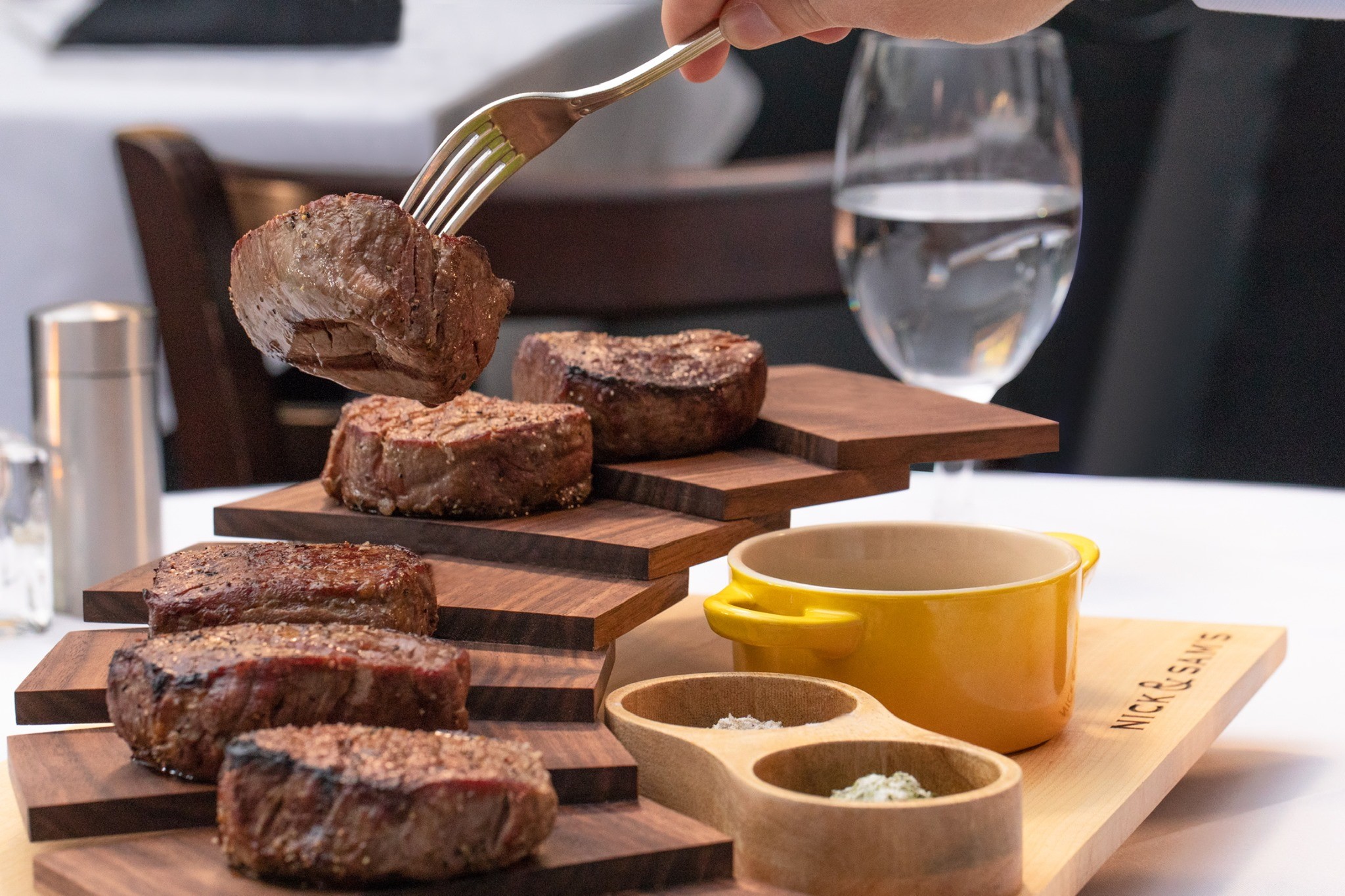
Nick & Sam’s Steakhouse ― Dallas
3008 Maple Avenue
Along with its authentic Kobe beef, Nick & Sam’s offers a full range of Japanese imported A5 wagyu. Some are even arranged on samplers and platters for guests to take a culinary tour.
Soy Cowboy ― Arlington
888 Nolan Ryan Expressway, Suite A
Four of the 12 purveyors registered to import Kobe beef in Texas are by Houston-based Berg Hospitality Group. Not yet open, Soy Cowboy is anticipated to open by the summer of 2024 inside the Loews Arlington Hotel. It will be the company’s first pan-Asian concept.
Turner’s Cut ― Houston
811 Buffalo Park Drive, Suite 160
Also, yet to open, Turner’s Cut is expected to arrive by late spring to early summer 2024 in Houston’s Autry Park, according to a spokesperson. Adding to the dramatic design of the restaurant itself, created by architect Isaac Preminger and Berg Hospitality owner, Benjamin Berg, the restaurant will focus on rare cuts of meat from America and Japan.
B&B Butchers & Restaurant ― Fort Worth
5212 Marathon Avenue
There are only two B&B Butchers locations, one in Fort Worth, the other in Houston, and both serve Kobe and wagyu, like the outrageous wagyu katsu sando ― a crustless white bread sandwich filled with rich, marbled Japanese wagyu ribeye.
B&B Butchers & Restaurant ― Houston
1814 Washington Avenue
As in Fort Worth, B&B serves up a vast array of both American-raised and imported Japanese wagyu. But, the star of the show is the Kobe steak which is served three ways ― four ounces of tenderloin, strip, or ribeye. Also, by Berg Hospitality.
Gaylord Texan Old Hickory Steakhouse ― Grapevine
1501 Gaylord Trail
The longtime steakhouse inside the Gaylord Texan Resort serves many different cuts including an American-raised Rosewood wagyu and a three-ounce portion of Kobe strip steak.
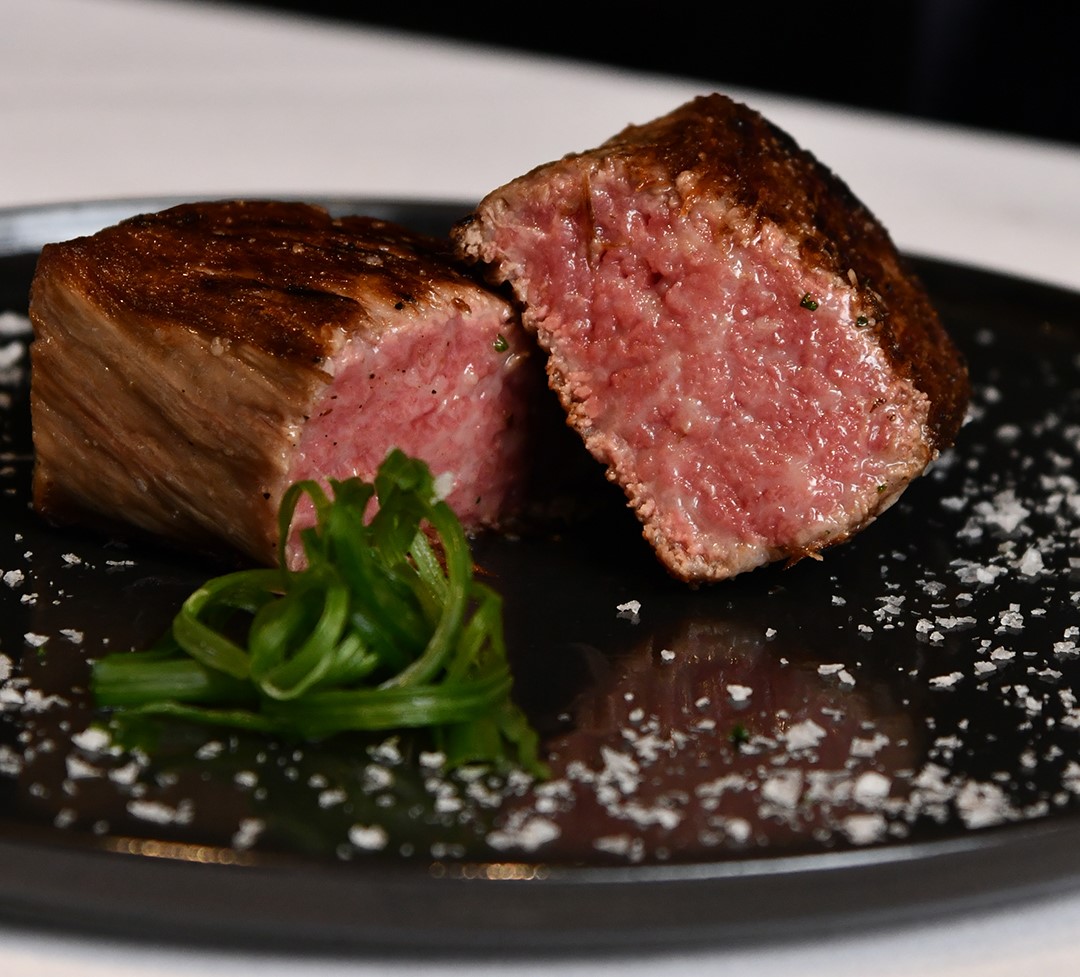
Mastro’s Steakhouse ― Houston
1650 W. Loop South
With two locations, one in Houston and the other in Spring, Texas, Mastro’s serves its Kobe beef in either a two-ounce or four-ounce portion.
Mastro’s Ocean Club Woodlands – Spring
9595 Six Pines Drive
Like its Houston sibling, the Mastro’s in The Woodlands also serves A5 wagyu steak imported from Miyazaki, Japan. You can enjoy either an eight or ten-ounce New York cut.
Roka Akor Houston ― Houston
2929 Weslayan Street
The Japanese menu is high-end at Roka Akor. It serves wagyu sourced from Snake River Farm as well as imported from Miyazaki and Yamaguchi Prefectures, along with its registered Kobe steak.
La Carniceria ― San Antonio
946 N. Loop 1604 West Access Road
This one is not a restaurant, it’s a new meat market that opened about seven months ago in San Antonio. La Carniceria is the first location in Texas from this California-based premium butcher shop chain. While they do have imported Japanese A5 wagyu in the case (choose from filet mignon, NY strip, and ribeye), if you’d like to purchase certified Kobe from Hyogo Prefecture they say they will happily special order it for you.
So, for those playing along at home, there are currently only eight restaurants serving verified Kobe beef in the entire state, two more will open soon, and there’s one meat market that can special order it for you. No wonder it’s so rare and so pricey.









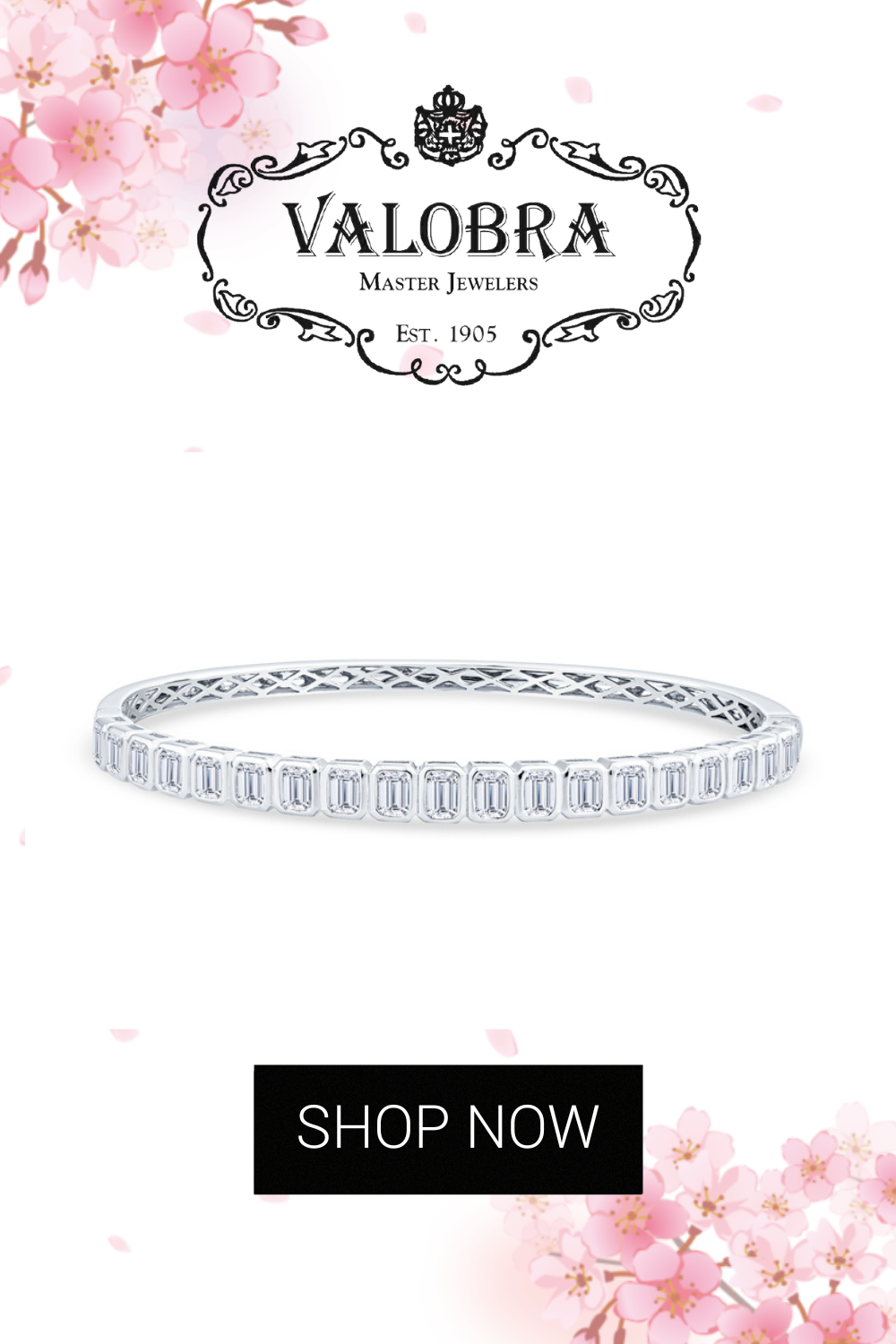


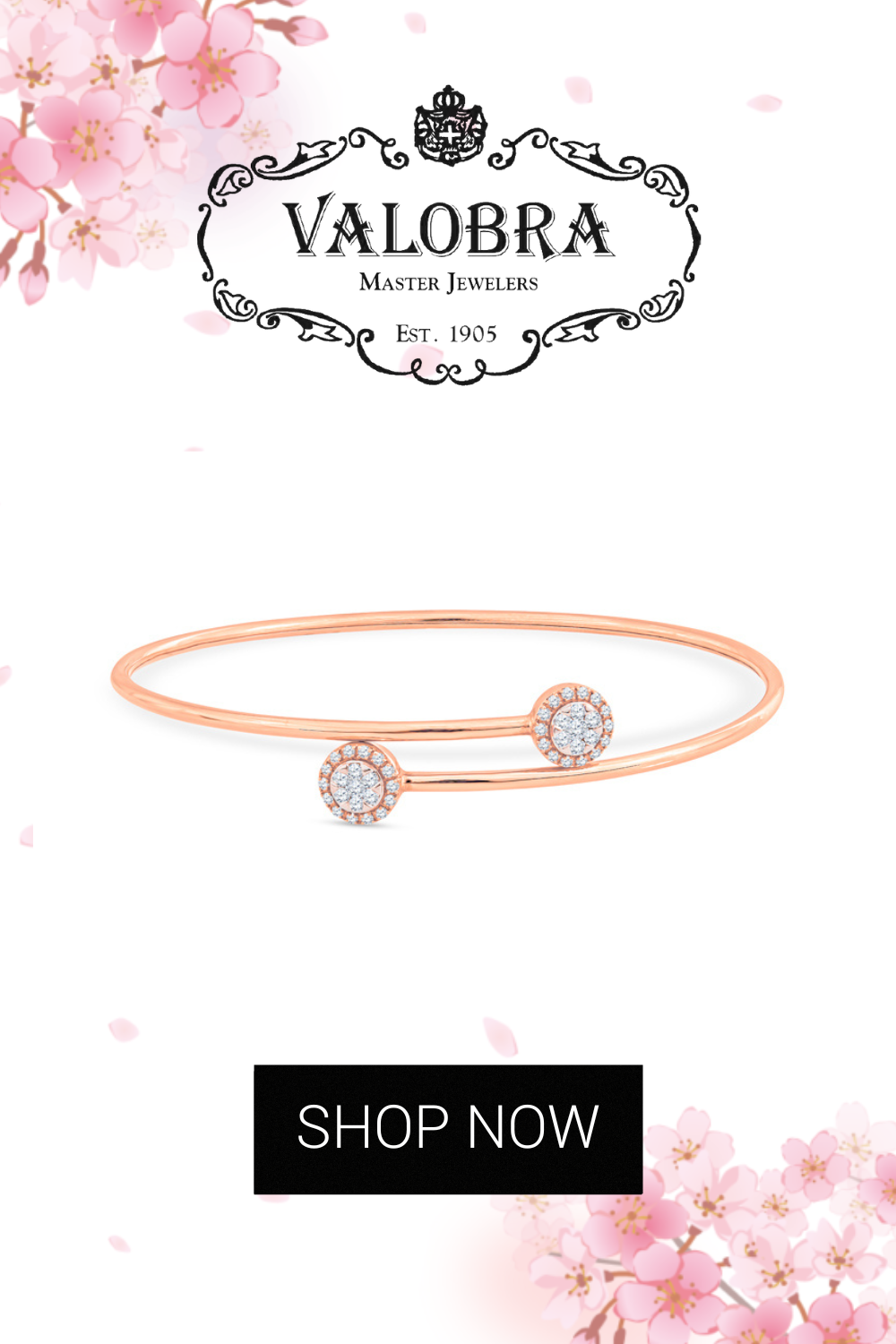


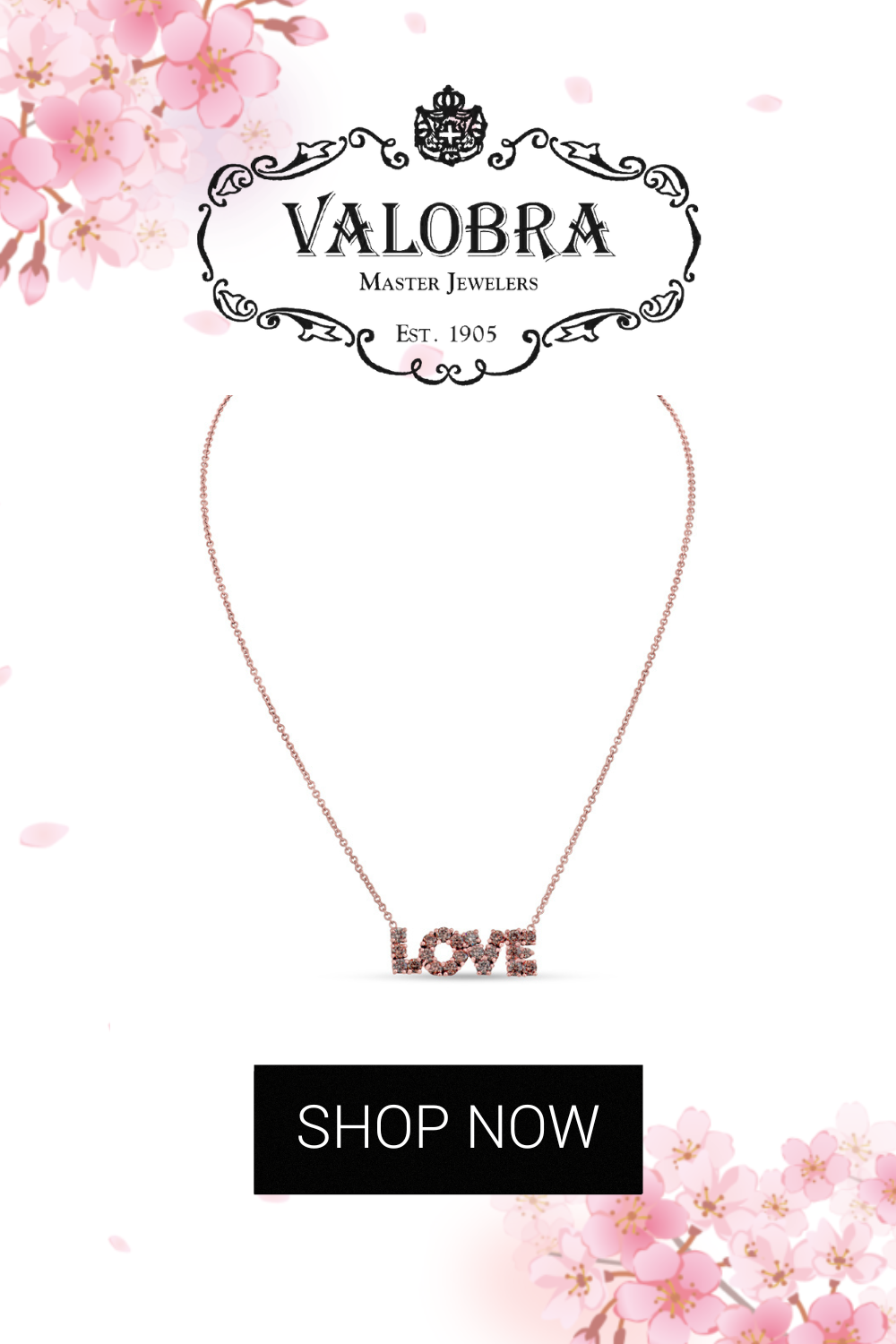


_md.jpeg)


_md.jpeg)




_md.jpeg)






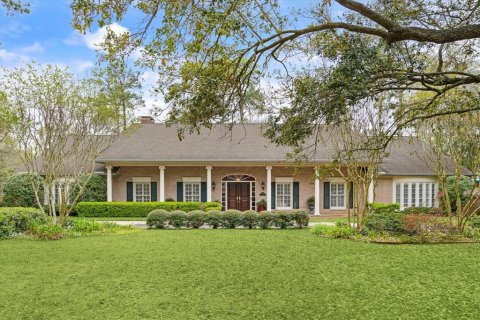

_md.jpeg)
